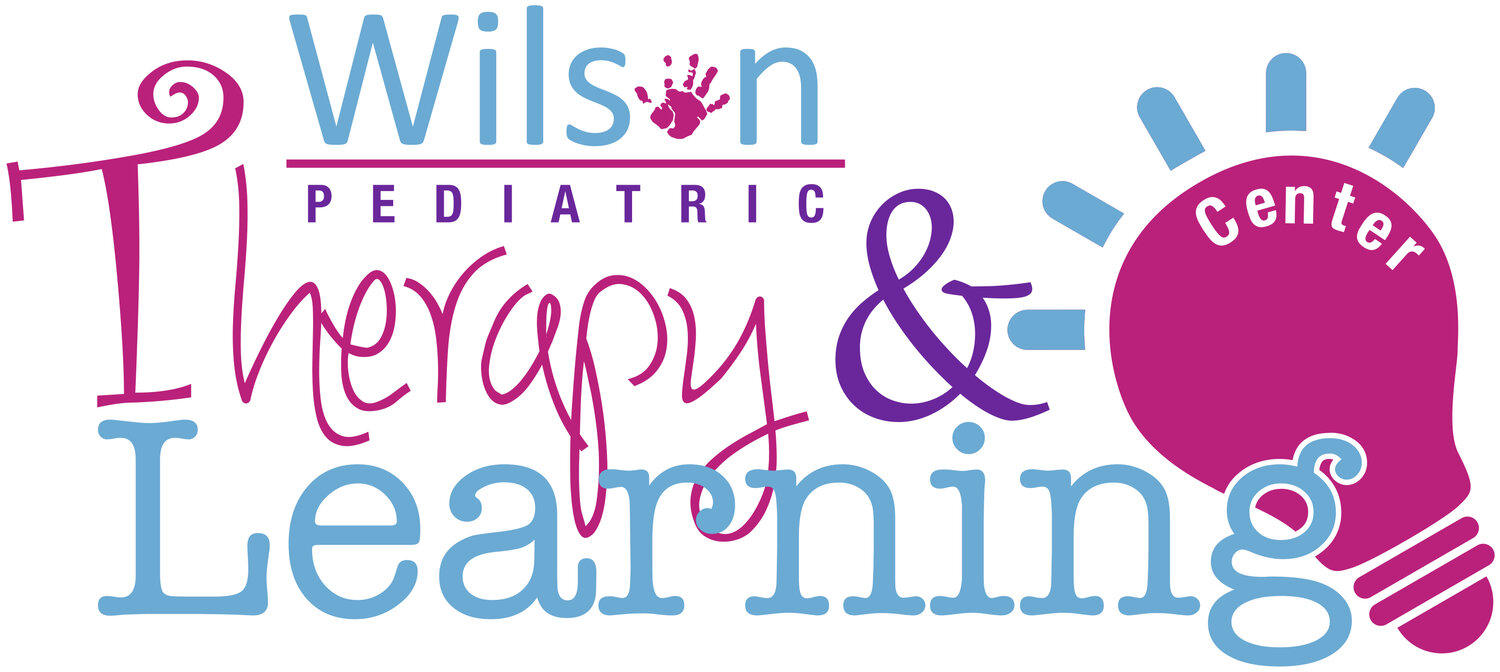Holidays and Kids' Right to Consent
The holidays are an exciting time for many families and kids. We see friends and family who we may not see much of other times of the year. That excitement is often expressed with hugs, kisses, and enthusiastic greetings, all of which can be overwhelming and sometimes unwanted for kids. Because of this, it is important for kids to be allowed to decide whether or not they want to engage in physical affection with others.
As parents, we want our kids to understand the concept of consent. We talk with them about respecting their own and others' bodies, "public" and "private" parts, and "good/bad touch". We want them to listen to that inner voice when it tells them something doesn't feel right. We want them to listen to others, too, who tell them when they do not want to be touched. The holidays are a great time to help them understand and practice consent and for us as parents to demonstrate what that looks like.
So, when we arrive at grandma's house, she immediately moves in for a hug, but the kiddo hides behind us; how do we handle that? Parents may be uncomfortable for fear that grandma will interpret kiddo's disinterest in hugging as a sign of disrespect or rudeness or worry that grandma's feelings will be hurt. Sometimes adults think we're teaching kids good manners by pushing them to accept grandma's hugs and kisses. But, to kids, this can convey that adults get to decide what is comfortable for them. We want kids to know their bodies are their own, and they have a right to decide how they want to use them. By forcing kids to hug or kiss others against their will, we're teaching them that making someone else feel good is more important than what feels good to them.
So what can we do instead? Offer kids options about how they'd like to interact with others. Discuss these things beforehand so they - and you! - have a plan. Maybe the kiddo doesn't want to give grandma a hello kiss or Uncle Joe a thank-you hug for a present. Instead, maybe they would feel more comfortable with a high 5, a fist bump, singing a song, having their stuffed animal hug grandma, or even just waving. To help you feel more comfortable, have prepared responses to give to other adults who may comment about this. Don't feel the need to apologize. By standing firm, you support and model for your child how to set healthy boundaries.
As parents, our job is to make sure our kids feel safe and secure. Sometimes that looks like explaining to grandma that kiddo is more comfortable greeting them differently than grandma prefers. Just as adults have the right to decide who touches us and how, so do our kids. Also, in teaching them this, we help them learn and respect other people's boundaries for their bodies.

